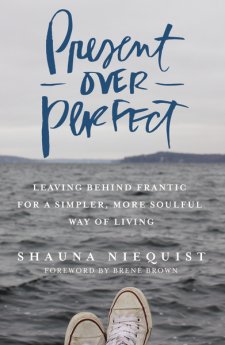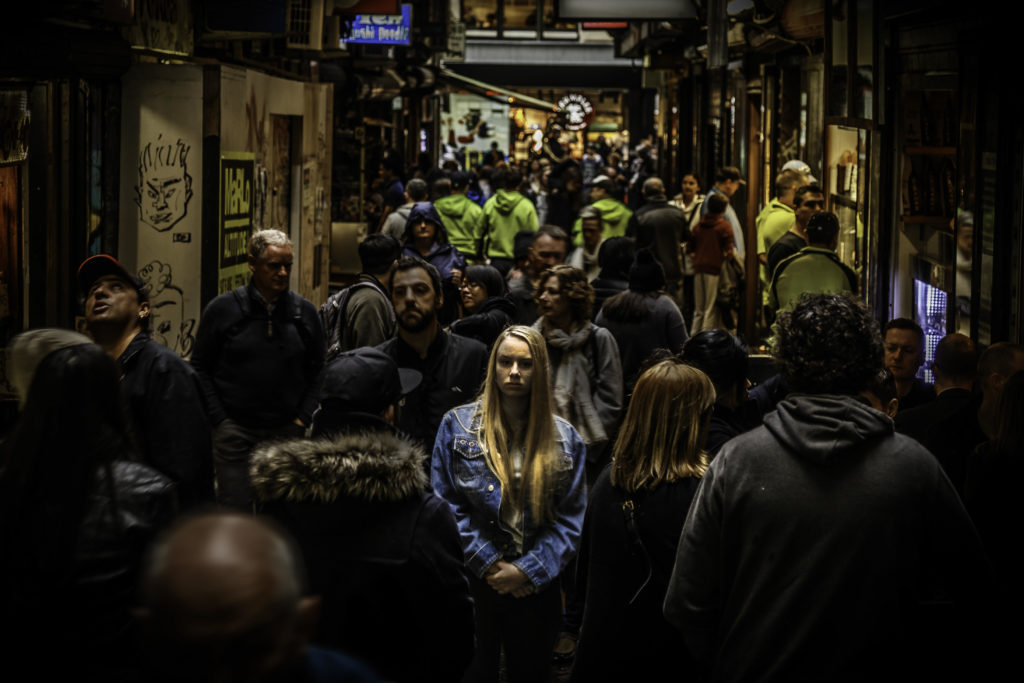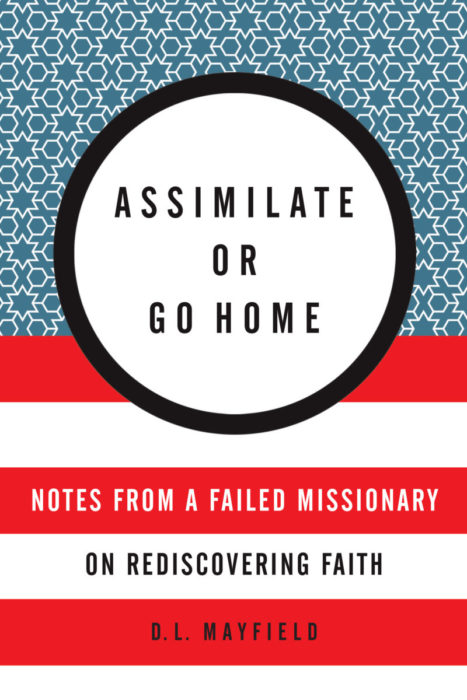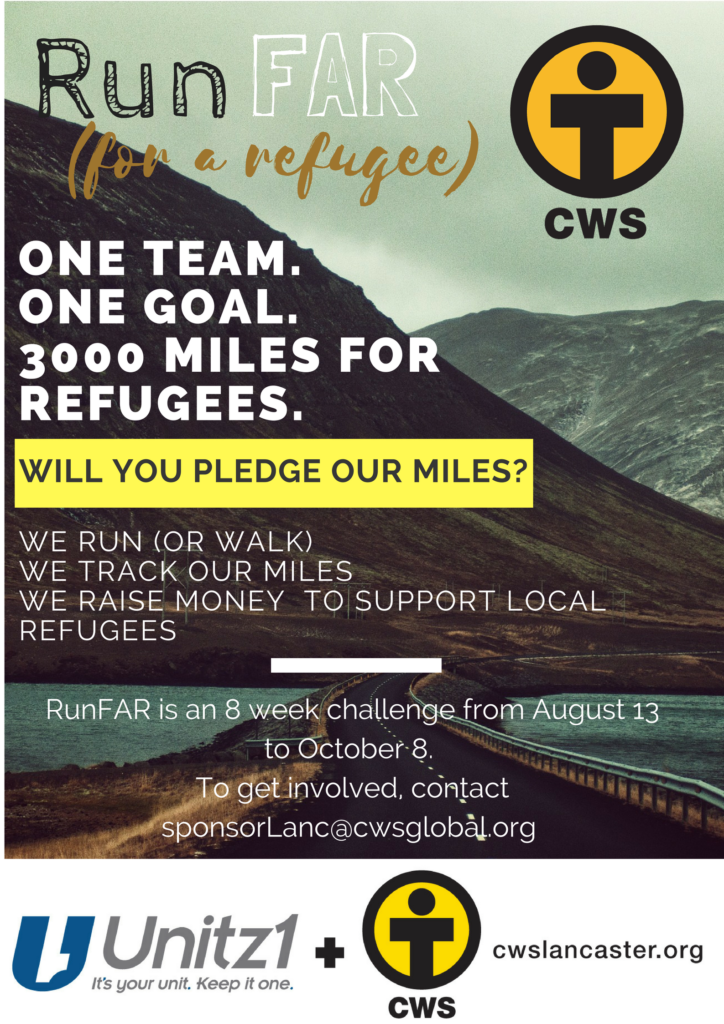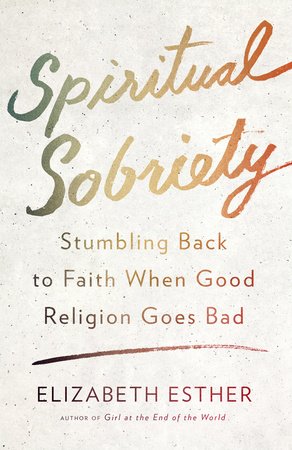Yes, you read that correctly: Earth Psalms is a new release by Francine Rivers. 
I, too, was excited to discover this book, which is a departure from Rivers’ popular inspirational fiction. Earth Psalms is a weekly devotional that directs readers to observe and discover God in the natural world. Pretty great, right? (Disclaimer: I received a free copy of the book through the Tyndale Blog Network in exchange for my review.)
Nature is my favorite place to find God, and this devotional is a beauty both in its writing and photography. It is meant to be used weekly and offers reflection questions at the end of each meditation to help readers think about the ways they can see God throughout the week. The very first installment came with a challenge to try to view at least one sunrise and one sunset during the week. That is the sort of spiritual challenge I embrace and welcome.
Earth Psalms would make a great gift book for nature-loving friend and is the perfect commitment of time (weekly) for busy lives. I appreciate that the meditation doesn’t stop at the once-a-week reading, though, and offers ways to connect with God through the natural world throughout the course of a week.
Also, it’s Francine Rivers. Need I say more?
I’ve been enjoying taking this book out to the porch on mornings when my schedule seems overwhelming. It helps me focus and breathe before I tackle my to-do list. I’m not always a big fan of devotional books, but this one is a new favorite.
You can check out a sample here.
Or watch a video teaser about the book here.
